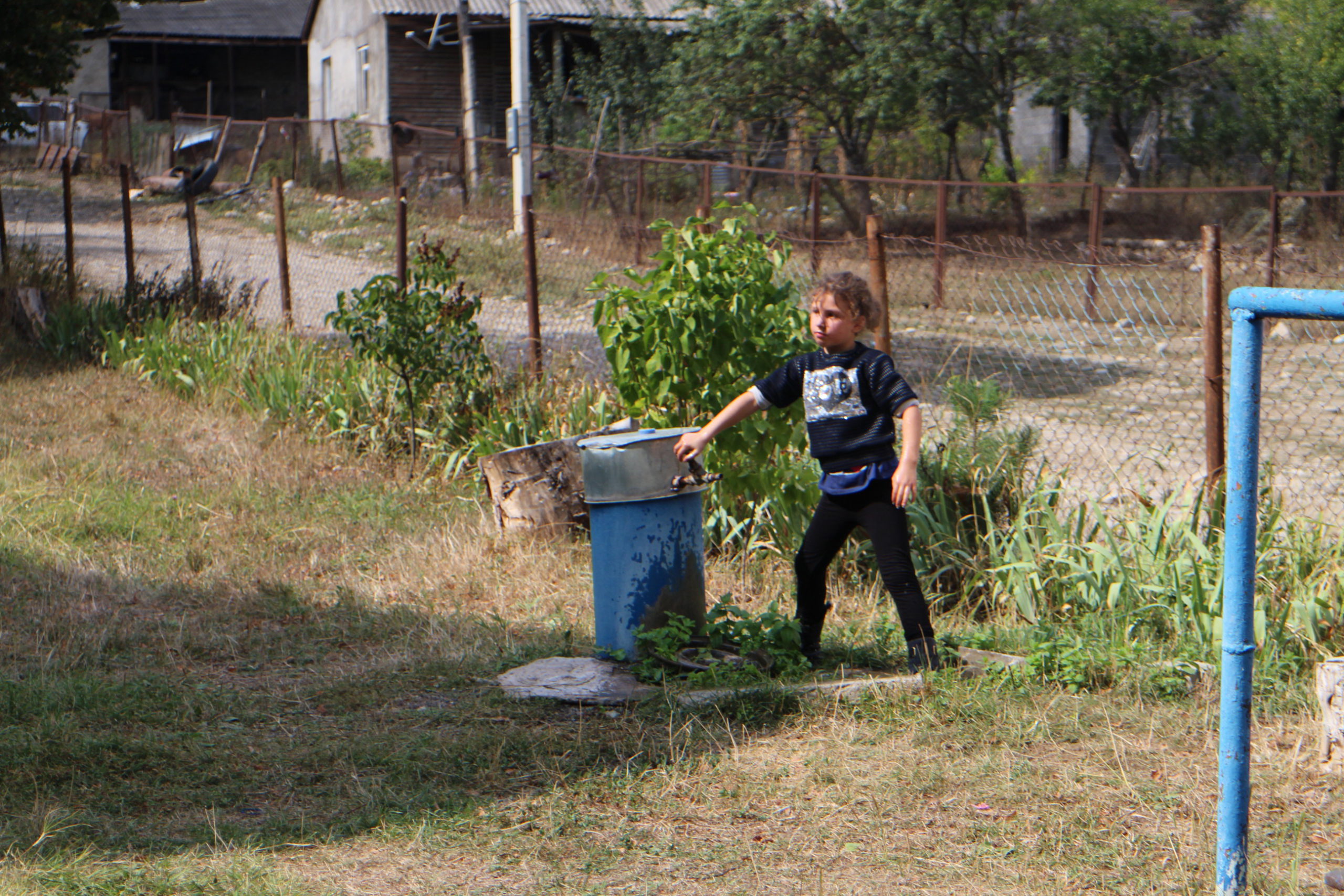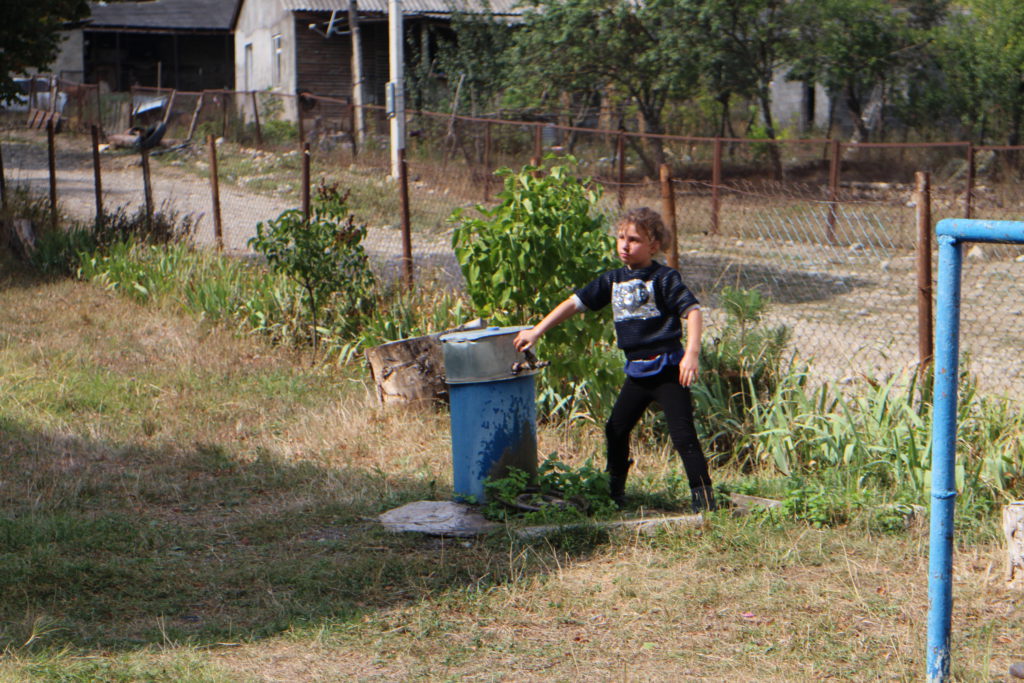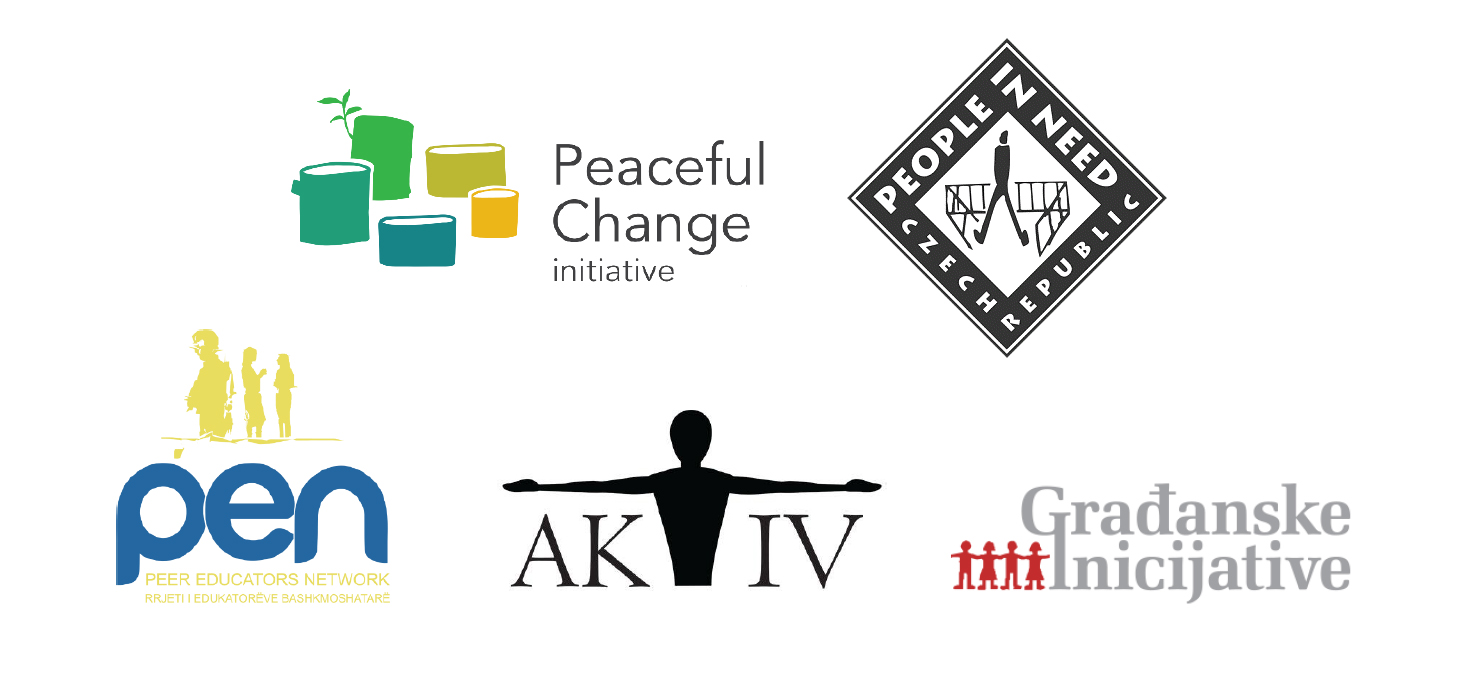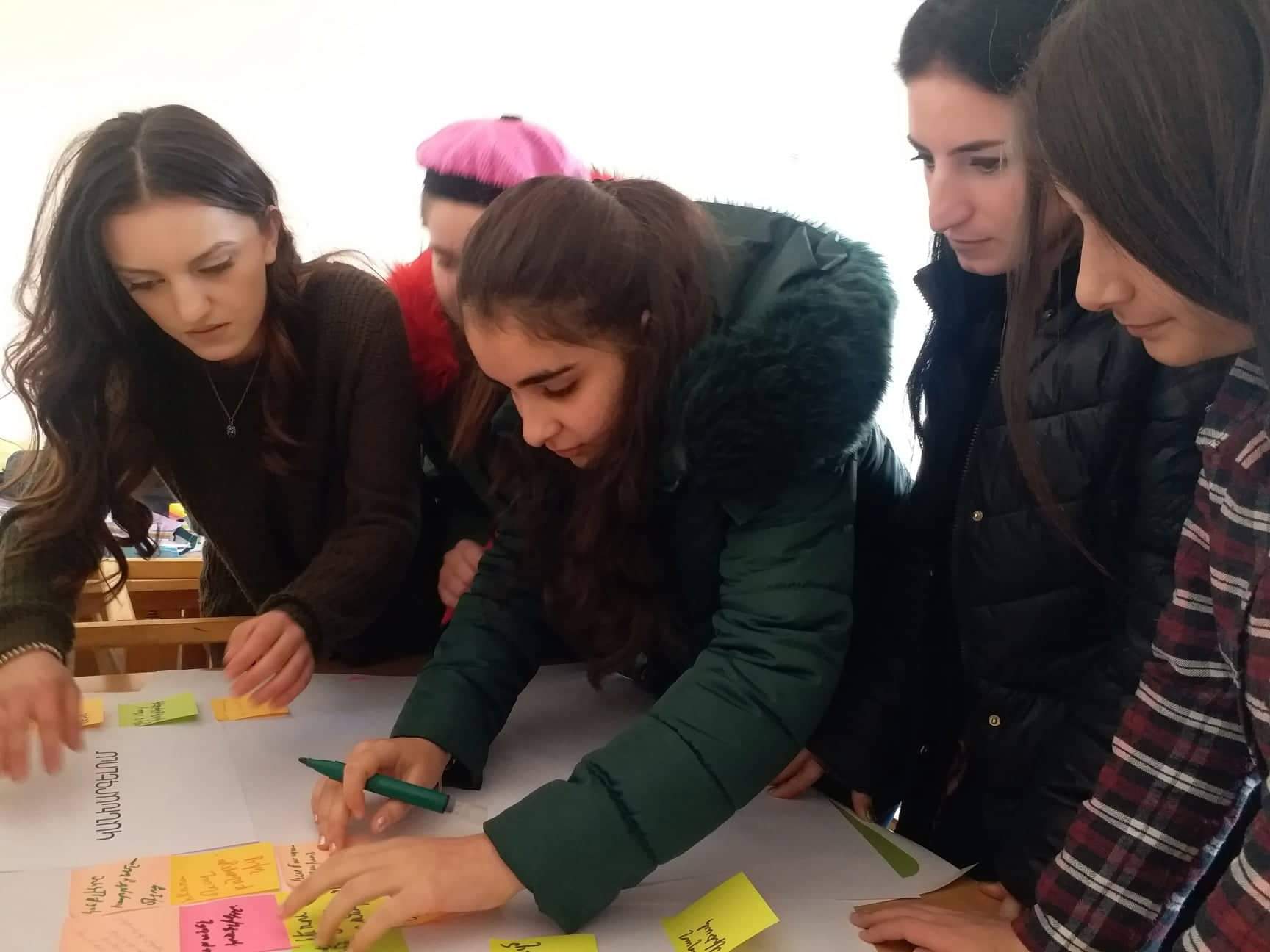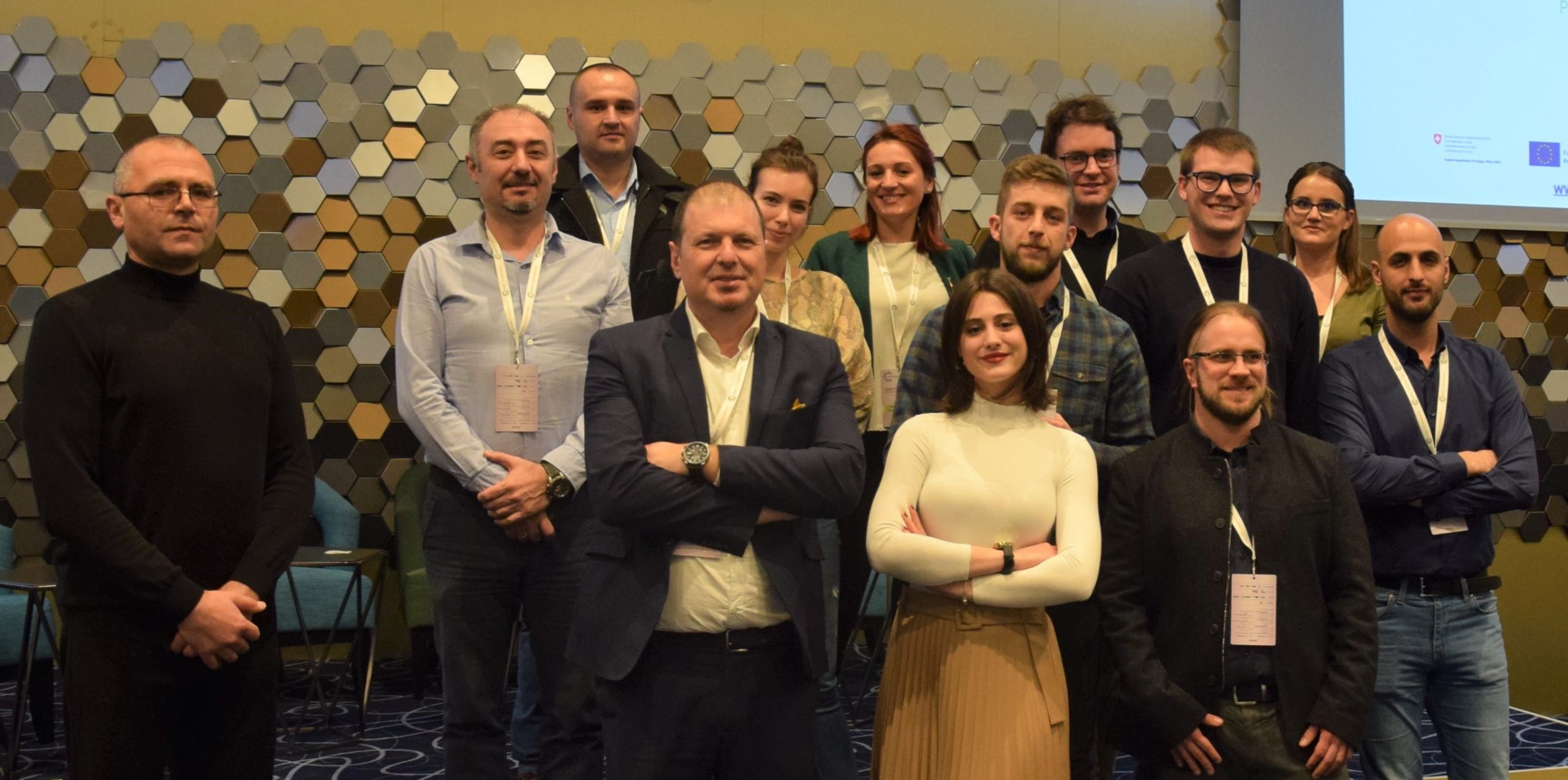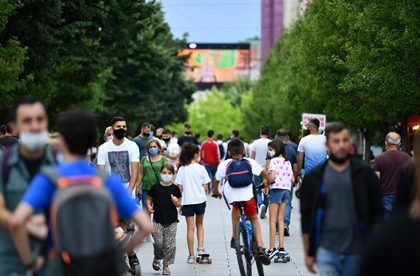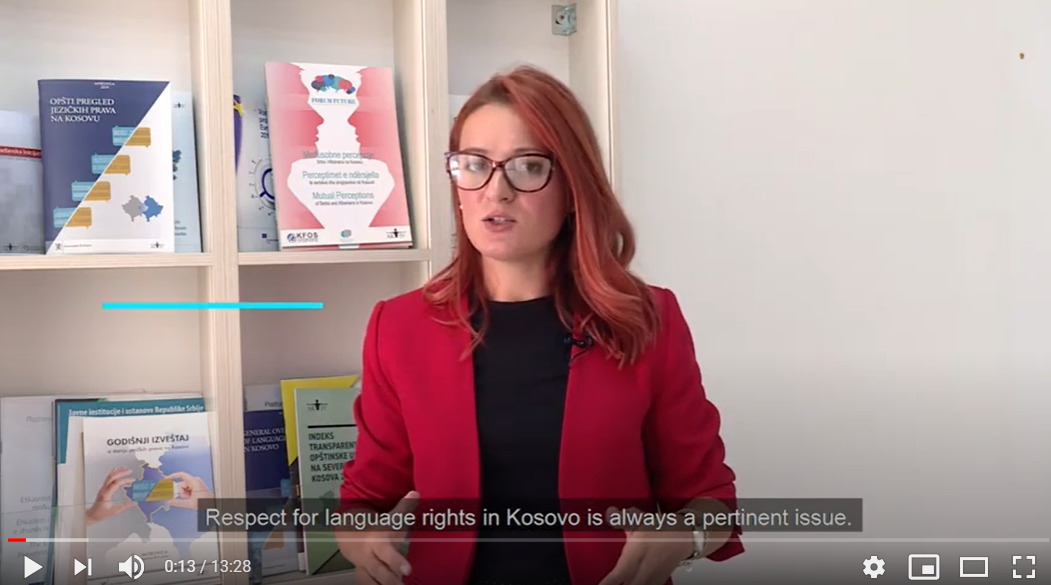
In Kosovo, the measures taken by governing authorities to mitigate the impact of COVID-19 has mirrored other governments across Europe. However, ensuring such measures don’t negatively impact Kosovo’s non-majority communities has further tested the government’s capacity.
Peaceful Change initiative’s project ‘Amplifying Local Voices for Equitable Development’ (supported by the UK Government’s Conflict, Security and Stability Fund) has worked through their partner NGO Aktiv, working in Kosovo and Serbia, to establish a Rapid Civic Response Group.
The Group is made up of 22 civil and community activists from across Kosovo representing the Serbian, Albanian, and Gorani communities. It is creating vital channels for the real-time flow of information, thereby facilitating the identification of problems which may otherwise have remained ignored. They include:
- Poor information dissemination in non-majority languages
- Poor and/or lack of translation in non-majority languages
- An increase in security incidents in Serbian communities
- Challenges accessing economic-aid
- Inadequate and/or lack of institutional response
Aktiv and the Rapid Civic Response Group have taken steps to lobby the Kosovo government and other relevant actors for urgent steps to address these problems. Their approach includes:
- Request to improve communication with non-majority communities addressed to the Government of Kosovo
- Op-ed calling for better cooperation between Belgrade and Pristina
- Press release on translation challenges, highlighting non-compliance with the Law on the Use of Languages
- Open letter to the Ministry of Health and the Ombudsperson regarding the problems faced in accessing institutions
- Publication on Covid-19 institutional challenges and proposed solutions
- Public statements requesting the broadcasting of RTV MIR and to address non-majority communities’ security concerns.
- Public statement on non-majority community challenges accessing the Pandemic Economic Aid package and on the lack of translation to non-majority community languages
- Infographics on ‘COVID19 Crisis – Active Citizens Response’and ‘Rapid Response Civic Group – Incidents’
- A video-cast informing greater audiences on the findings of the RRCG through social media


